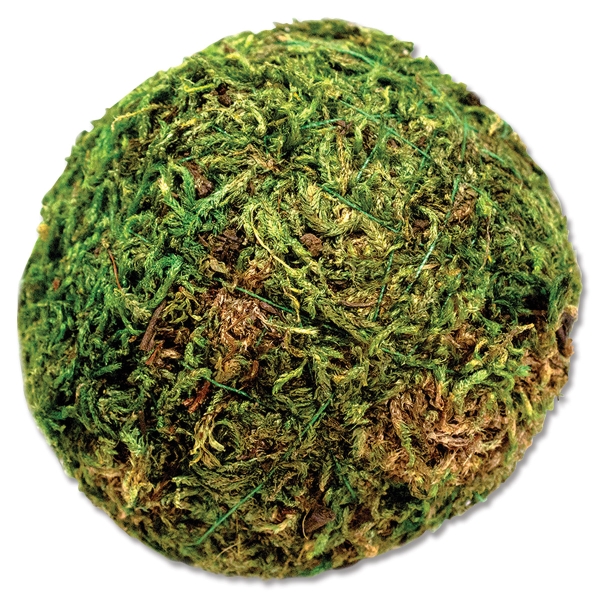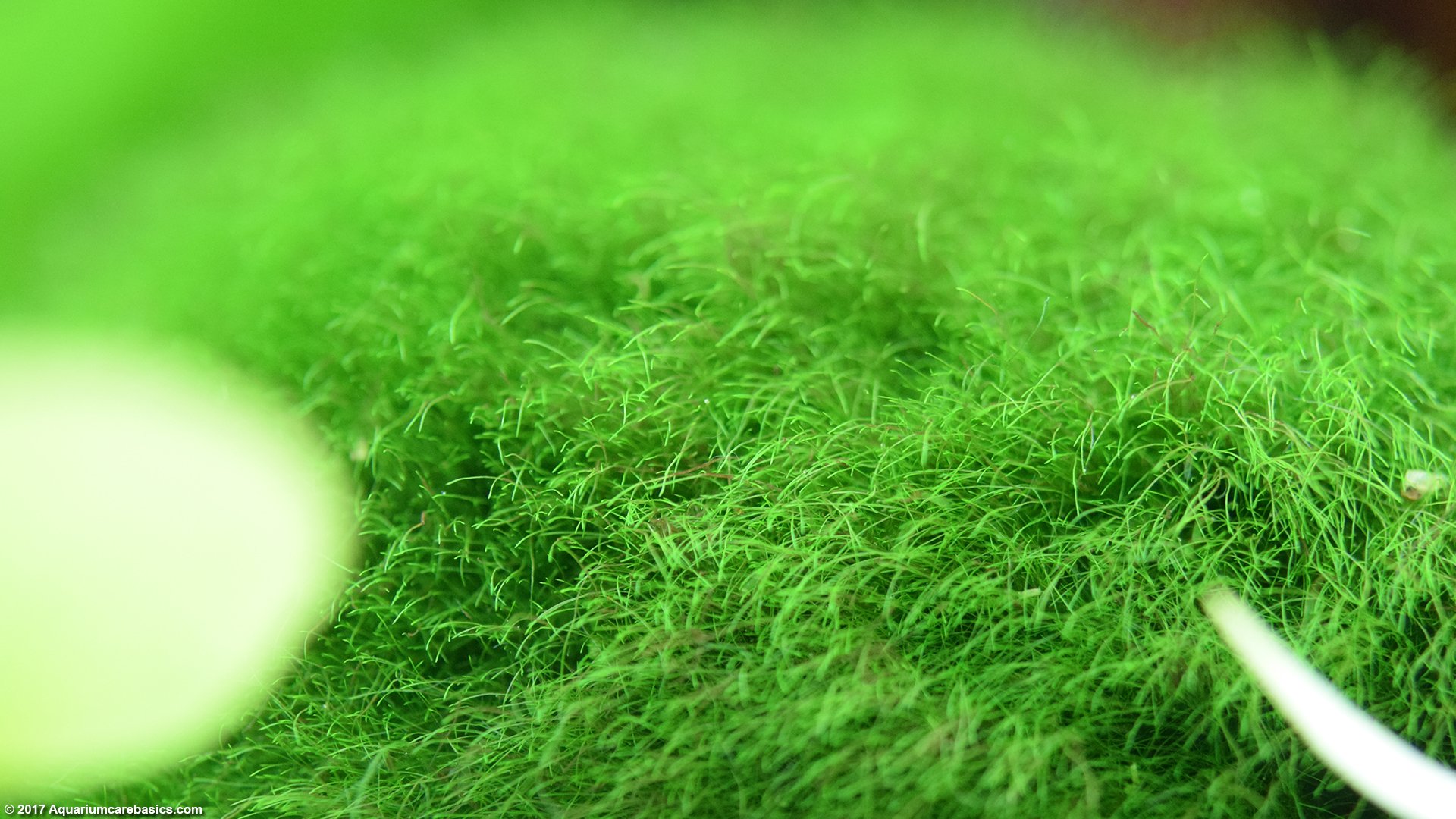
Aquarium owners who had moss balls placed in their aquarium are urged to either decontaminate or quarantine/observe their aquarium using these methods.In 2006, while hiking around the Root Glacier in Alaska to set up scientific instruments, researcher Tim Bartholomaus encountered something unexpected. Do not dispose of the moss balls in drains, waterways and gardens. Pet store owners and members of the public currently in possession of Marimo/moss balls are strongly urged to destroy them utilizing the DESTROY, DISPOSE, DRAIN instructions provided by the U.S.

Both can quickly become established in a waterbody and cause millions of dollars in damage to boats and water intake pipes while creating significant ecological harm to native mussels, fishes, and other aquatic wildlife.

Although zebra mussels have not yet been detected in Arizona waters, they are similar to invasive quagga mussels, which were first detected in Arizona in 2007. Zebra mussels that have been distributed with the moss balls can be easily overlooked because the larval life stage of the mussels (veligers) are microscopic. They are imported from at least 18 countries under a permit from the U.S. Zebra-mussel-infested Marimo/moss balls have thus far been detected by state agricultural or wildlife agencies in 26 states.

The action comes after the Department of Agriculture and the Arizona Game and Fish Department in early March found Marimo balls infested with invasive zebra mussels in a number of Arizona pet stores. (KOLD News 13) - Pet stores and aquarium owners are advised that the Arizona Department of Agriculture on March 16 issued a Director’s Administrative Order prohibiting importation or movement within the state of the aquatic nursery plant Aegagropila linnaei, a green algae common in the aquatic plant and aquarium trade and more commonly known Marimo balls, Cladophora ball, moss ball or lake ball.


 0 kommentar(er)
0 kommentar(er)
